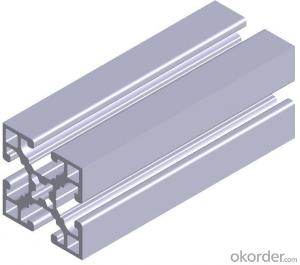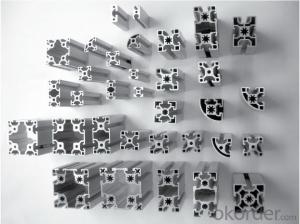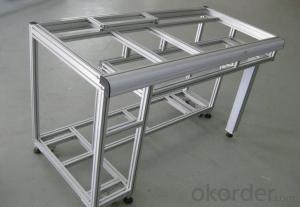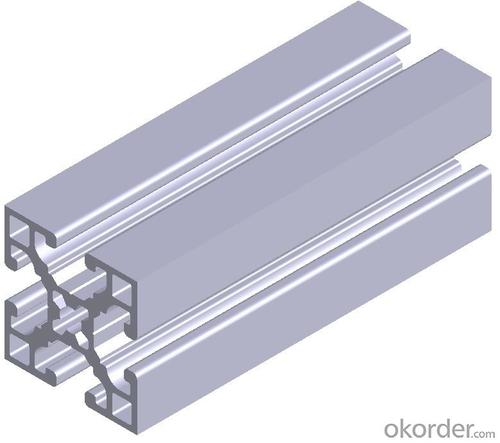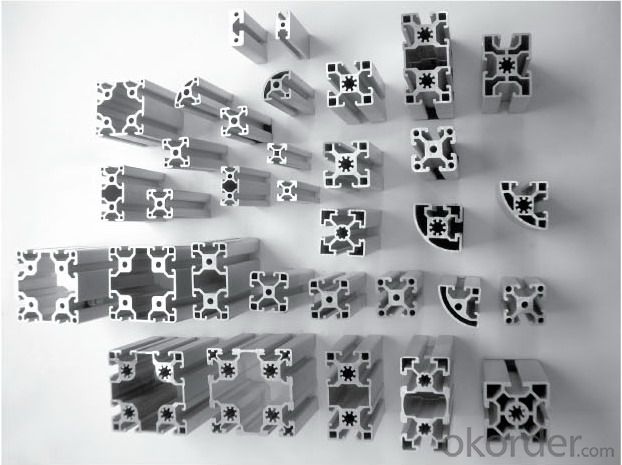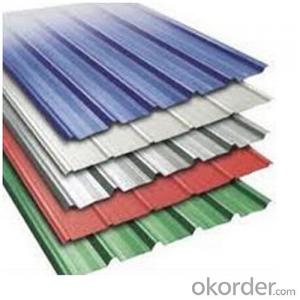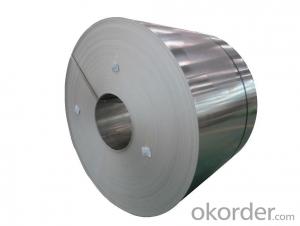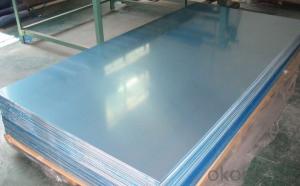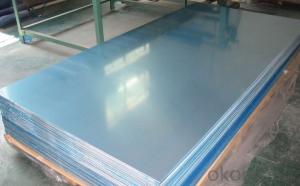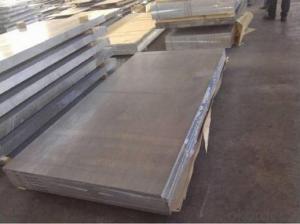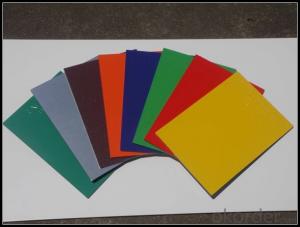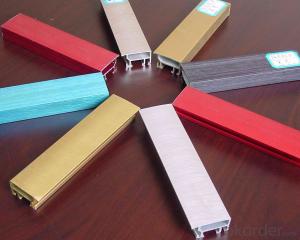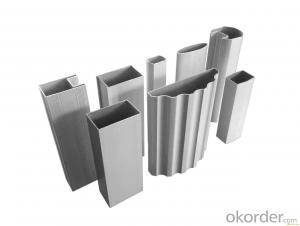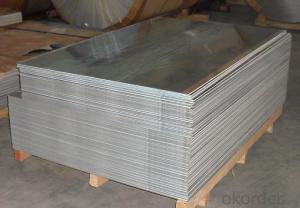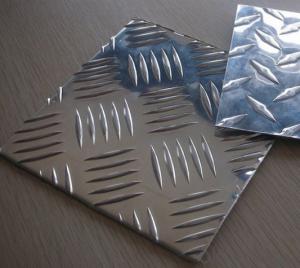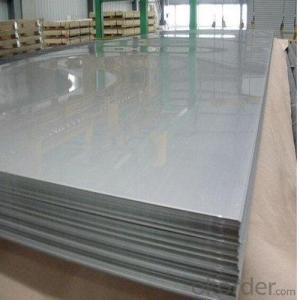Aluminum Sheets for Sale Philippines:Aluminium Sliding Window Interior Window Frame
- Loading Port:
- Shanghai
- Payment Terms:
- TT OR LC
- Min Order Qty:
- 5 m.t.
- Supply Capability:
- 2000 m.t./month
OKorder Service Pledge
OKorder Financial Service
You Might Also Like
Specification
1.Structure of Aluminium Sliding Window Interior Window Frame Description:
Anodizing (also spelled anodising, particularly in the UK and Australia) is an electrolytic passivation process used to increase the thickness of the natural oxide layer on the surface of metal parts. Anodized aluminium surfaces, for example, are harder than aluminium but have low to moderate wear resistance that can be improved with increasing thickness or by applying suitable sealing substances.
2.Main Features of the Aluminium Sliding Window Interior Window Frame :
High corrosion-resistance;
weather-resistance;
heat-resistance;
alkali-resistance and impact-resistance properties.
3.Aluminium Sliding Window Interior Window Frame Images:
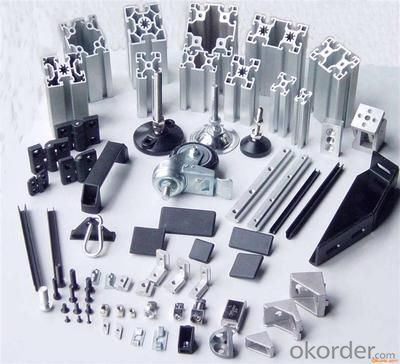
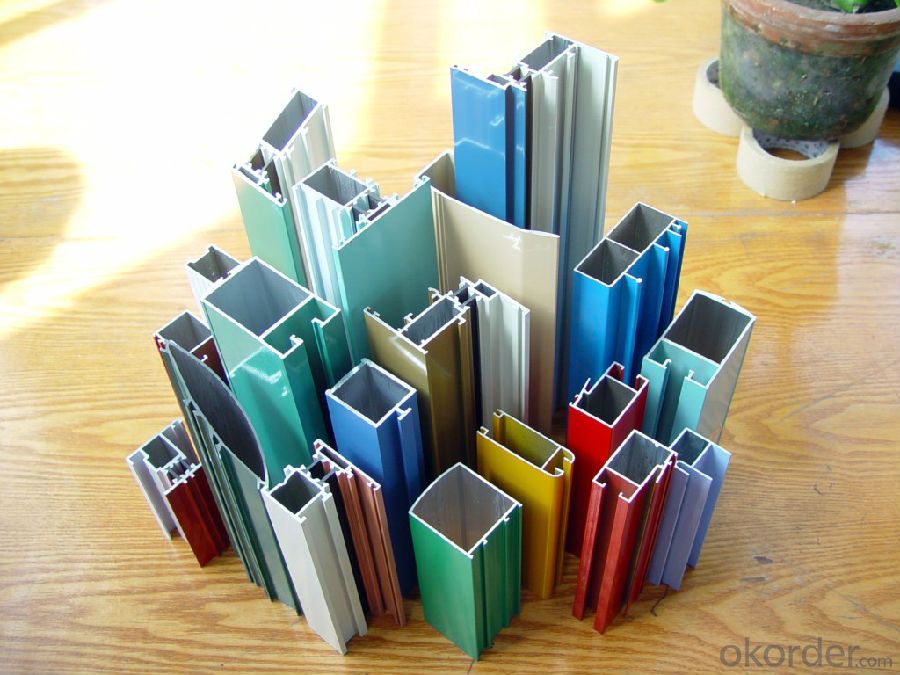
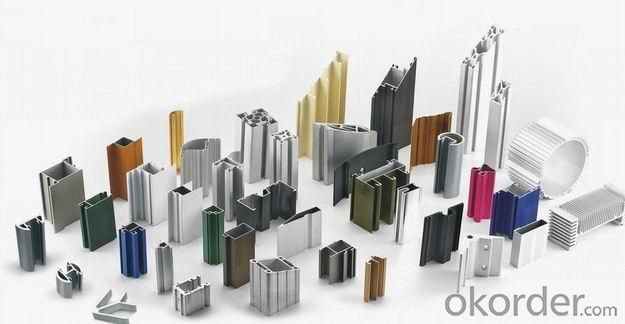
4.Aluminium Sliding Window Interior Window Frame Specification:
1. Material: 6063,6061,6060,6005,6005A,etc.
2. Temper: T5 or T6
3. Finish: Mill finish, anodizing, powder coating, electrophoresis, wooden transfer or pvdf/carbon-flouride coated, polishing, brushing, sand blasting
4. Various colors: Silver, bronze, black, gold, blue, grey, champagne, bright, etc.
5. Machining: Cutting, punching, drilling, tapping, milling, bending, welding, CNC etc.
5.FAQ:
①How about your company?
A world class manufacturer & supplier of castings forging in carbon steel and alloy steel,is one of the large-scale professional investment casting production bases in China, consisting of both casting foundry forging and machining factory. Annually more than 8000 tons Precision casting and forging parts are exported to markets in Europe, America and Japan. OEM casting and forging service available according to customer’s requirements.
②How to guarantee the quality of the products?
We have established the international advanced quality management system,every link from raw material to final product we have strict quality test;We resolutely put an end to unqualified products flowing into the market. At the same time, we will provide necessary follow-up service assurance.
- Q: It is a club aluminium dutch oven from the 50's. It is discolored on the interior and has baked on dirt on the exterior. The exterior has a textured surface which makes cleaning more difficult. I tried baking soda and water paste, but it did not budge it!
- I have an aluminum double boiler.. that I only used for making pie pudding and yes, it got yucky. I found something and I cleaned it and i was so proud of myself but that was a while ago and it am racking my brain to remember. If I recall, I'll try to get back to you and let you know, but for now, I think it was the using CLR cleaner. Good luck. And if they say not to use it... I'd say it was time to update. Clean it... for display or sale to collectors.
- Q: Are the aluminum sheets suitable for manufacturing electrical enclosures?
- Yes, aluminum sheets are suitable for manufacturing electrical enclosures. Aluminum is a highly versatile and widely used material in the manufacturing industry, including for electrical enclosures. It offers several advantages that make it suitable for this application. Firstly, aluminum is lightweight yet strong, making it ideal for constructing enclosures that need to be durable while also being easily transportable and installable. Its strength-to-weight ratio is higher than many other metals, allowing for the creation of sturdy enclosures without adding unnecessary weight. Secondly, aluminum has excellent corrosion resistance. This is crucial for electrical enclosures as they are often placed in various environments where they may be exposed to moisture, humidity, or other corrosive elements. Aluminum's natural oxide layer provides a protective barrier against corrosion, ensuring the longevity and reliability of the enclosures. Additionally, aluminum is a good conductor of electricity, which is another important characteristic for electrical enclosures. It allows for efficient dissipation of heat generated by electrical components, preventing overheating and potential damage to the enclosed devices. Furthermore, aluminum is easily machinable and can be formed into various shapes and sizes. This flexibility allows manufacturers to customize the enclosures according to specific requirements, ensuring a perfect fit for the intended electrical components. Lastly, aluminum is a cost-effective material compared to other metals like stainless steel or copper. It offers a good balance between affordability and performance, making it an attractive choice for manufacturing electrical enclosures. In conclusion, aluminum sheets are indeed suitable for manufacturing electrical enclosures due to their lightweight, strength, corrosion resistance, electrical conductivity, machinability, and cost-effectiveness.
- Q: What are the different forming techniques for aluminum sheets?
- Some of the different forming techniques for aluminum sheets include bending, stretching, deep drawing, roll forming, and hydroforming.
- Q: A dry aluminium foil paper can be bring out from oven with no burn on finger but if foil has some moisture it will result in burn why?
- It isn't the foil that is burning you--it's the water. Aluminum foil is a good heat conductor. This means that when you expose the foil to the air, it will cool off very rapidly (rapidly reaching room temperature). Water is NOT a good heat conductor, in fact, it likes to hold onto it's heat. So while the dry foil may come to room temperature (or just warm to the touch) in a few seconds, the water will stay hot for much longer (depending on how much water there is obviously). It's really the same as trying to grab a baked potato wrapped in foil off of the grill. If you grab the potato you will burn your hand (because the potato is holding A LOT of heat), but if you carefully peel away the foil, you can touch and take the foil off with your bare hand. I should say that the mass of the foil also plays a role here. The foil is not very massive and thus does not hold a lot of raw energy to begin with (also because it's a good heat conductor it dissipates quickly). Bu if you put an aluminum can (or a brick of aluminum) in the oven, I guarantee that it would stay hotter for much longer than just a piece of aluminum foil.
- Q: Are aluminum sheets suitable for construction applications?
- Yes, aluminum sheets are suitable for construction applications. Aluminum is a lightweight and durable material that is corrosion-resistant, making it ideal for various construction projects. It is commonly used for roofing, siding, and wall cladding, as well as in structural applications like beams and columns. Additionally, aluminum sheets offer excellent thermal and electrical conductivity, further enhancing their suitability for construction purposes.
- Q: What types of aluminum sheets are recommended for use in cold climates?
- <p>Yes, there are specific types of aluminum sheets suitable for cold climates. These include 3003-H14 and 5052-H32 aluminum sheets. 3003-H14 is known for its excellent corrosion resistance and formability, making it ideal for cold weather applications. 5052-H32 offers high strength and good corrosion resistance, which is beneficial in extreme cold conditions. Both types can withstand low temperatures without significant loss of strength or ductility, ensuring reliability and durability in cold environments.</p>
- Q: Can the aluminum sheets be used for roofing or siding purposes?
- Yes, aluminum sheets can be used for both roofing and siding purposes. Aluminum is a popular choice for these applications due to its lightweight nature, durability, and resistance to corrosion. It is commonly used in residential, commercial, and industrial buildings for its ability to withstand harsh weather conditions, including rain, snow, and UV rays. Additionally, aluminum is a versatile material that can be easily shaped, allowing for various design options.
- Q: What is the typical fracture toughness of aluminum sheets?
- The fracture toughness of aluminum sheets can vary depending on several factors, such as the composition of the alloy, the heat treatment, and the manufacturing process. On average, the fracture toughness of aluminum sheets ranges from 20 to 40 MPa√m. This value reflects how well the material can resist crack propagation and withstand applied loads without breaking. It's important to note that the fracture toughness of aluminum alloys can be improved through techniques like adding alloying elements and refining the grain structure. Therefore, when considering the fracture toughness of aluminum sheets for a specific application, it's crucial to take into account the specific alloy and its processing conditions.
- Q: I need to coat a piece of aluminum with aluminum oxide. Can I do it by just attaching aluminum to an electrode and put it into some water with the other electrode? I know you can make iron oxide that way, but will aluminum work? If it will work, which electrode should I put the aluminum on?
- This Site Might Help You. RE: Can you make aluminum oxide by electrolysis? I need to coat a piece of aluminum with aluminum oxide. Can I do it by just attaching aluminum to an electrode and put it into some water with the other electrode? I know you can make iron oxide that way, but will aluminum work? If it will work, which electrode should I put the aluminum on?
- Q: Are aluminum sheets suitable for use in HVAC (heating, ventilation, and air conditioning) systems?
- Yes, aluminum sheets are suitable for use in HVAC systems. They offer several advantages such as high thermal conductivity, corrosion resistance, and lightweight nature, making them ideal for efficient heat transfer and durability in HVAC applications.
Send your message to us
Aluminum Sheets for Sale Philippines:Aluminium Sliding Window Interior Window Frame
- Loading Port:
- Shanghai
- Payment Terms:
- TT OR LC
- Min Order Qty:
- 5 m.t.
- Supply Capability:
- 2000 m.t./month
OKorder Service Pledge
OKorder Financial Service
Similar products
Hot products
Hot Searches
Related keywords
